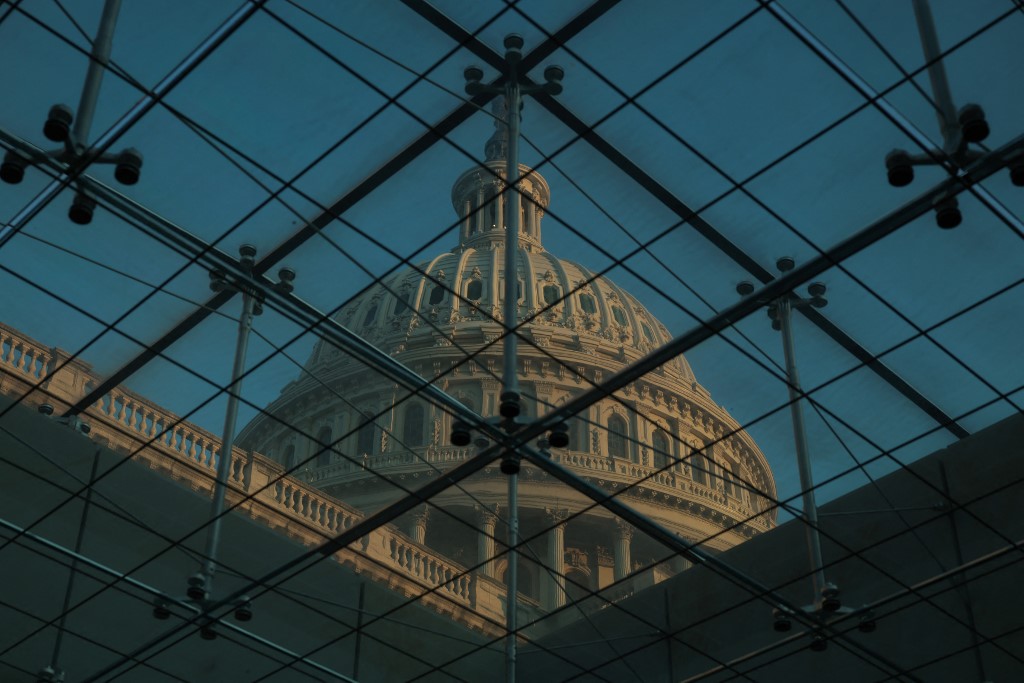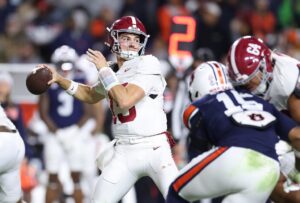Government Shutdown Stalls Gambling Tax Loss Bill
-
 Bookmakers Review
Bookmakers Review
- October 3, 2025

The current 100% gambling loss deduction will decrease to 90% beginning on January 1st, unless Congress passes a bill to restore the tax break to its previous amount.
However, the government shutdown will likely derail discussions on this and many other topics until it is resolved, leaving little time to pass a bill before the year-end deadline.
Shifting Priorities
What can be a big issue one day can be dwarfed by something far more pressing the next.
It happens in life and in the legislature, as we are seeing in real time with the government shutdown. For example, an important bill for gamblers and gaming state legislators has been restoring the 100% gambling tax loss before it drops to 90% on New Year’s Day.
But that passion project has been put on hold and has suddenly become legislative white noise amidst the cacophony of voices arguing about who bears responsibility for the government shutdown.
The longer the shutdown drags on, the slimmer the chances are that a bill will be passed to restore the 100% gambling tax loss deduction.
Big bettors who lose will feel the sting much more than the average gambler. For instance, if that bettor wins $1 million and claims losses of $1 million, then historically, those losses could be 100% deducted from the wins, leaving a net balance of zero.
However, under the new law beginning on January 1, 2026, only 90% of that $1 million loss can be deducted, meaning there will be a net balance of $100,000 ($1,000,000 – $900,000), which the bettor must pay taxes on even though they did not win a cent.
Sen. Cortez Masto said, “Taxing people on money they don’t have will stifle the tourism industry in states like Nevada, push poker tournaments offshore, and drive betting into underground, unregulated markets. There is bipartisan support to fix this mistake, and it is time for my colleagues in both parties and chambers of Congress to get it done.”
Try, Try, Try Again
Many bills have already been proposed to restore the 100% tax deduction since the new rate was signed into law in July.
Some of those proposed bills have already been gutted by supporters of the 10% tax decrease, who argue the shift to the 90% deduction will generate over $1 billion over the next 10 years. Other bills are in a holding pattern and waiting for their turn in the legislative process once the shutdown is resolved.
Nevada Representative Dina Titus, whose district includes part of the Las Vegas Strip, was one of the first to sponsor a bill to repeal the new tax code signed into law under President Trump’s One Big Beautiful Bill.
Titus’s Fair Accounting for Income Realized from Betting Earnings Taxation (FAIR BET) Act was one of the first attempts to overturn the decreased tax deduction, but it was thwarted by the House Rules Committee when it was piggybacked onto the National Defense Authorization Act (NDAA).
There are similar bills to the FAIR BET Act, but until the shutdown is resolved, none will likely gain traction.
Stay tuned for the latest updates on this and other major industry developments, including the top-rated sportsbooks.






